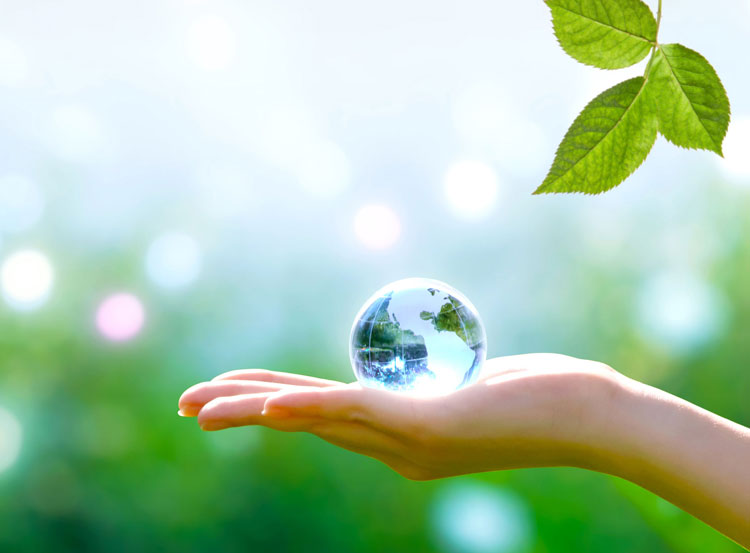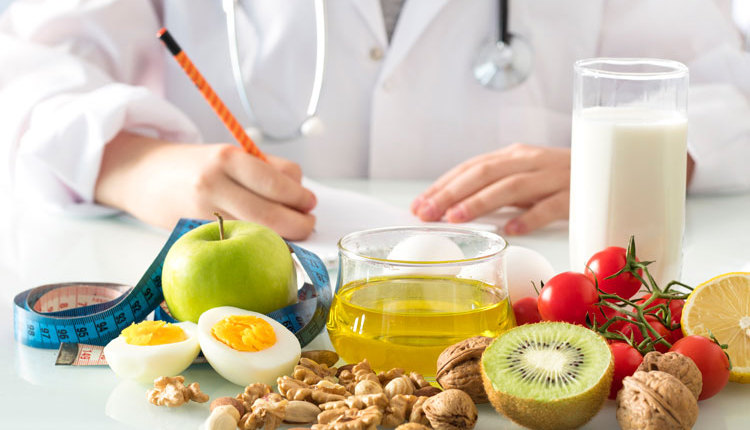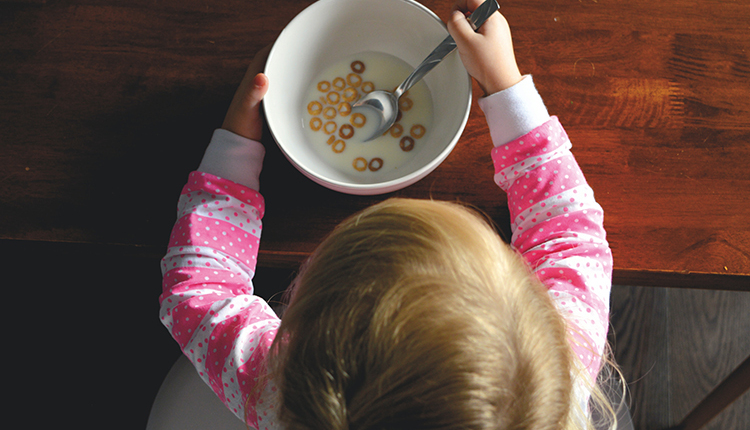
Just days into his administration, President Biden signed an executive order to rejoin the Paris Agreement in a move that exemplifies a ramping up of climate change mitigation efforts at the international, federal, and state levels. Stakeholders in global food systems — including the dairy community — are being asked to collaborate to meet sustainability targets. As part of these efforts, it’s critical to broaden the definition of sustainability beyond protecting planetary health to also address the health of people and communities.
Consider sustainable nutrition
Many health experts, advocates, policymakers, and consumers are already moving in the direction of “sustainable nutrition,” a framework for thinking about the health of both people and the planet. By broadening the lens of sustainability to include nutrition, there is opportunity for the dairy community to highlight the value of dairy foods as part of healthy and sustainable daily eating patterns.
The reality is, most Americans are still not consuming enough high-quality, nutritious foods to meet their nutritional needs. Encouraging people to consume the recommended daily servings of dairy foods like milk, cheese, and yogurt will help close existing nutrient gaps.
Additionally, when sustainable nutrition is coupled with nutrition security — defined as having consistent access, availability, and affordability of foods and beverages that promote health — dairy foods are well-positioned to be part of the solution to creating nutrition equity so that children, families, and communities are supported to thrive.
The dairy community also has a positive story to tell in terms of improvements in environmental stewardship. California’s dairy farm families are world leaders in sustainable farming practices and are participating in innovative climate-smart programs such as the cap-and-trade program to drastically cut down on greenhouse gas emissions.
Nationally, the dairy industry is aiming to become carbon neutral, optimize water usage, and improve water quality by 2050. Sharing the dairy community’s ongoing commitment to innovation and continuous improvement toward planet-smart practices can go a long way toward building trust with a public that is increasingly aware of the connection between the food they eat and its impact on the environment.
Moving forward, it’s critical for the dairy community to work together to broaden the definition of sustainability to include the nutritional needs of people as well as economics, culture, and other sociological factors. By doing so, dairy foods can be part of sustainable food systems that support healthy people and a healthy planet.








